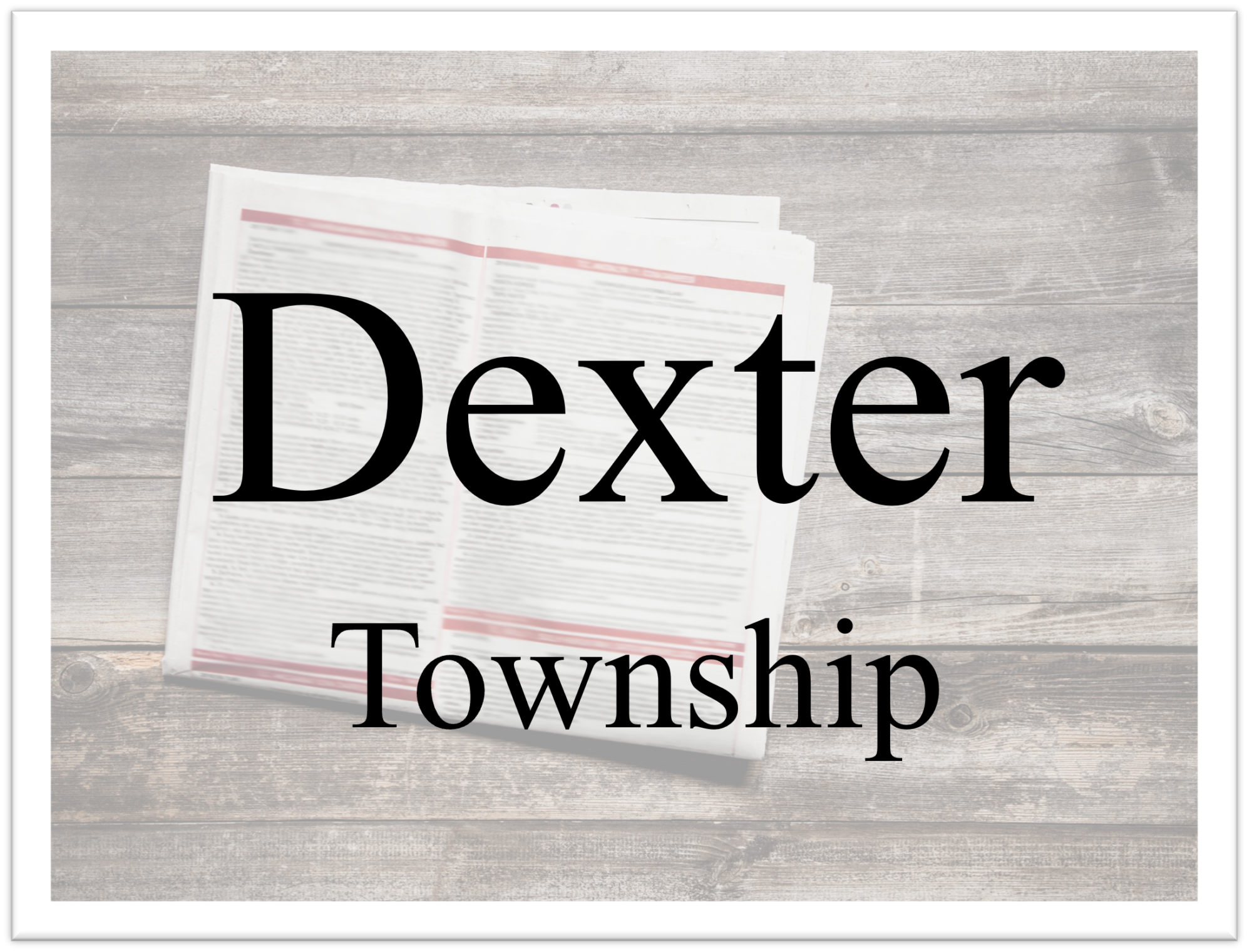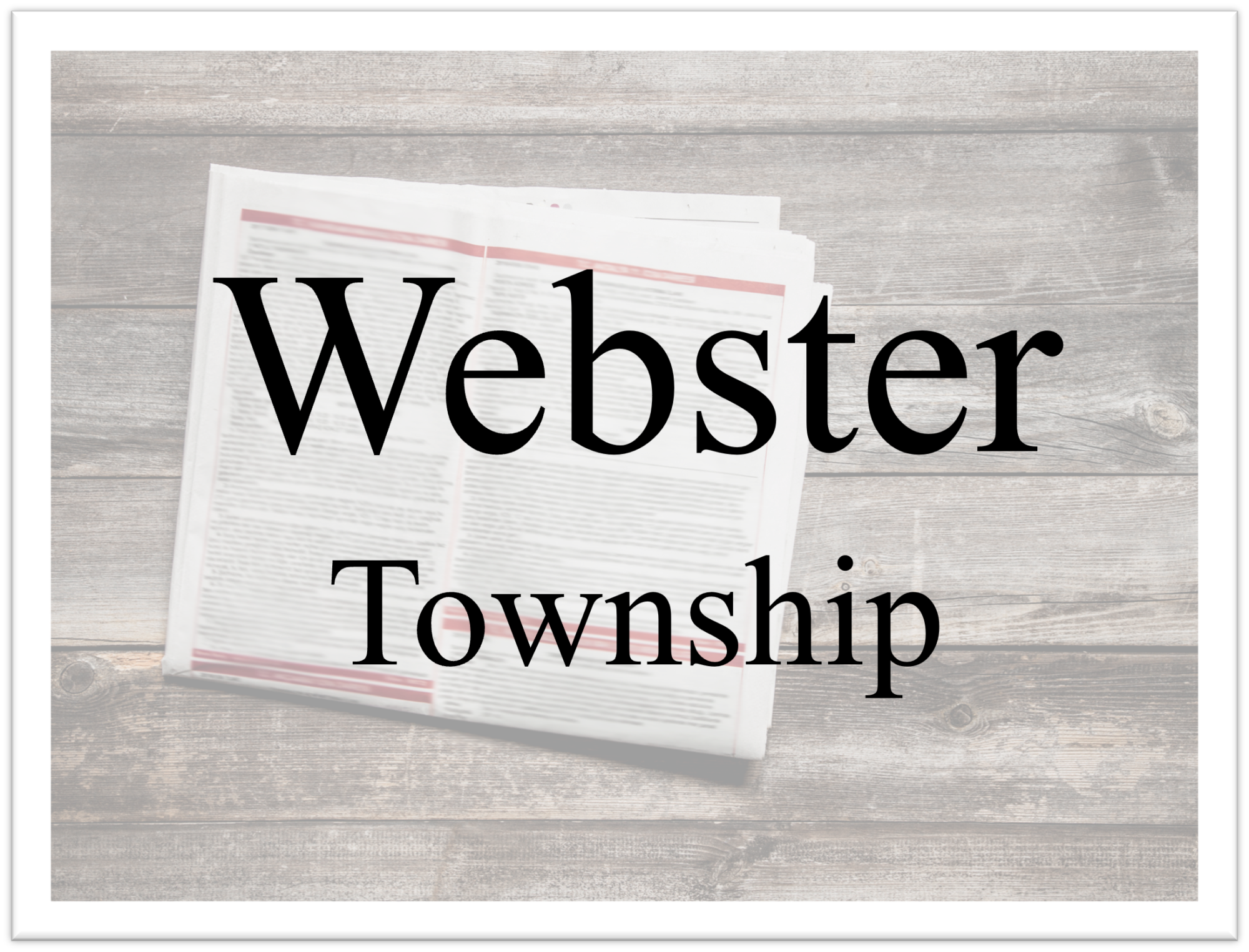Championing Sustainable Landscaping for a Healthier Ecosystem
At the Dexter City Council meeting on January 27, 2025, Peter Glaberman delivered a presentation urging the council to update city regulations to better support pollinator-friendly yards. His proposal aimed to align Dexter’s policies with evolving environmental priorities, emphasizing climate resilience, habitat restoration, and water conservation.
Challenging Traditional Lawn Aesthetics
Glaberman pointed out that current city regulations enforce an aesthetic standard based on historical English customs, stating, “Current regulations, under the heading of community standards, refer to lawn and noxious weeds over eight inches as blight without defining noxious weeds and are enforced as an aesthetic preference based on historical English custom.” He further explained that, “A traditional well-maintained lawn is a biological desert because of the lack of variety in the life it supports.”
He advocated for allowing more naturalized yards and habitat gardens, similar to those seen in Mill Creek Park. “Mill Creek Park has areas of walkable lawn and areas of natural habitat that contain native species like oak berry, dock, goldenrod, and milkweed, as well as a population of red-wing blackbirds, among others. We only ask to be allowed to do the same sort of thing in our yards.”
Environmental and Practical Benefits
Glaberman emphasized the benefits of naturalized yards, particularly in terms of water conservation and reducing pollution. “The more foliage a plant carries, the more moisture it can absorb, and the more its evaporative cooling, or transpiration, lowers the nearby air temperature,” he explained. Additionally, native plants, once established, require significantly less maintenance than traditional turf grass. “A more beneficial approach, although more work initially, is to replace turf grass with native plants, which support native insects and birds and whose deeper roots increase water infiltration and soil fertility without the need for chemical additives or watering.”
The declining number of insects was also a key part of Glaberman’s argument. “Insects are vital to us all,” he stressed. “Through pollination, they enable flowering plants to grow, including 30% of our food crops, and they feed birds, including seed eaters, who rely on them when feeding their young. Using our yards to house and nurture these creatures will help maintain the natural world.”
Call to Action for Dexter
Glaberman encouraged the council and residents to rethink their approach to landscaping, advocating for practices that support biodiversity while still maintaining property values. “Anyone wanting a traditional lawn should have one. But for those of us who want to make our property a haven for pollinators and other life forms, the current rules in practice forbid what we see as responsible behavior,” he said. Addressing concerns about property values, he added, “Despite encouraging pollinator-friendly yards and permitting 12-inch lawns, Ann Arbor does not suffer from falling property values.”
His final appeal urged the council to modernize Dexter’s lawn regulations to support pollinators, native plants, and sustainable landscaping practices. “Let’s encourage pollinators, longer grass, and native plants in Dexter.”



 8123 Main St Suite 200 Dexter, MI 48130
8123 Main St Suite 200 Dexter, MI 48130


